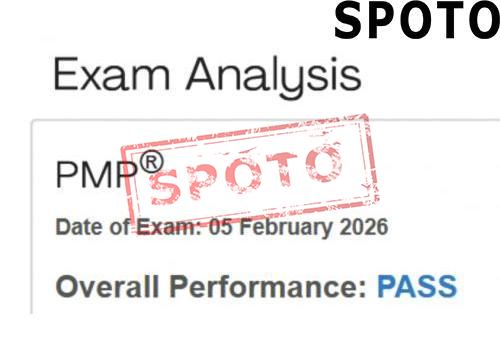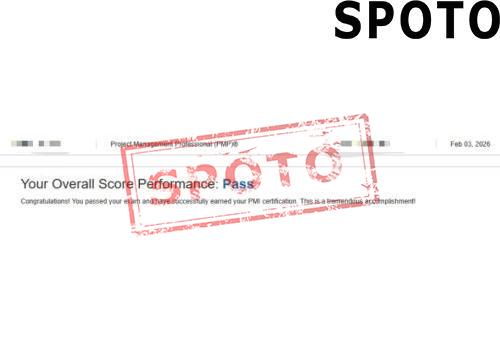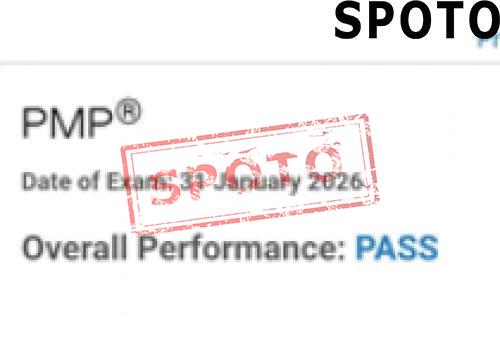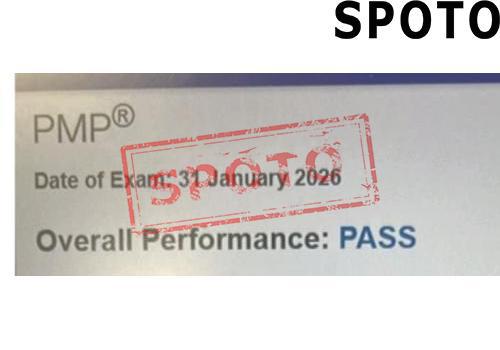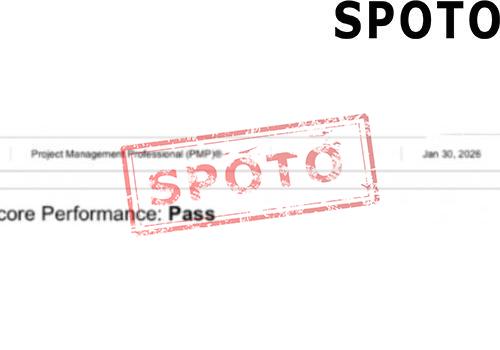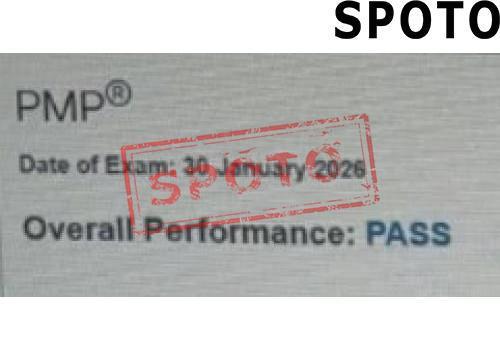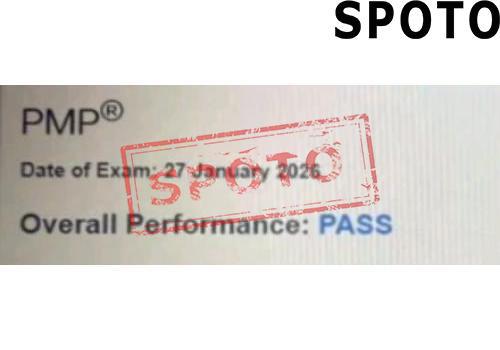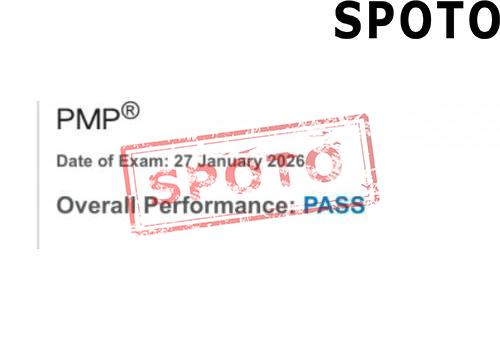
Table of Contents
Suppose you're contemplating a career shift or looking to deepen your understanding of project management. In that case, this article will guide you through the essentials of a PMO, the role of a PMO Analyst, the skills required, career prospects, and even how to break into this dynamic field.
What Is a PMO?
A Project Management Office (PMO) is a centralized unit within an organization that oversees project management practices, standards, and initiatives. Think of it as the organizational brain behind large projects—providing governance, strategic alignment, resource management, and performance tracking. Its ultimate goal? Ensuring projects align with overall business objectives, are executed efficiently, and deliver maximum value.
According to industry sources, including insights from APMG International, a PMO is a strategic hub that supports project managers, provides guidance, and standardizes processes. In essence, it's a backbone that ensures consistency and success across multiple projects and programs.
What Does a PMO Analyst Do?
A PMO Analyst is a critical player who acts as the data-driven backbone of the PMO. They analyze project data, monitor progress, identify issues, and support project teams in achieving their goals. Their work ensures transparency and continuous improvement in how projects are managed.
In their daily duties, PMO Analysts often compile reports, perform risk assessments, track KPIs, and facilitate communication among stakeholders. They may also assist in project planning and governance, making sure each project adheres to organizational standards.
According to industry literature, including detailed job descriptions from Indeed Singapore, a typical PMO Analyst role involves supporting project managers, maintaining documentation, managing tools, and analyzing project performance metrics. Their insights help organizations make better strategic decisions and improve project outcomes.
Job Duties for a PMO Analyst
The responsibilities of a PMO Analyst tend to be diverse and dynamic. Some of the core duties include:
Data Analysis & Reporting: Collecting project data, creating dashboards, and preparing status reports for senior management.
Monitoring Project Performance: Tracking KPIs to ensure projects stay on schedule, within scope, and on budget.
Risk Management: Identifying potential issues early and proposing mitigation strategies.
Process Compliance: Ensuring projects follow organizational standards and methodologies.
Support Project Teams: Assisting with resource allocation, scheduling, and documentation.
Stakeholder Communication: Facilitating smooth information flow between project teams, sponsors, and executives.
Tools Management: Using software like MS Project, Jira, or Primavera to monitor progress.
This variety of tasks makes the role both challenging and rewarding, offering plenty of opportunities for professional development.
Skills of a PMO Analyst
Success as a PMO Analyst hinges on a set of key skills:
Strong Analytical Abilities: Ability to interpret complex data and convert it into actionable insights.
Excellent Communication: Conveying complex information clearly to various stakeholders.
Organizational Skills: Managing multiple projects and deadlines efficiently.
Proficiency with Project Management Tools: Familiarity with platforms like MS Project, SharePoint, Jira, or ERP systems.
Attention to Detail: Ensuring accuracy in reports and compliance.
Problem-Solving Skills: Anticipating issues and providing innovative solutions.
Developing these skills can significantly enhance your chances of landing a PMO Analyst role, and there are dedicated courses that can help you master them, like SPOTO.
Related Job Opportunities
- Project Coordinator
- Program Analyst
- Portfolio Manager
- Project Director
How Much Do PMO Analysts Make?
Salaries for PMO Analysts vary based on experience, location, and industry. In general:
Entry-Level: $50,000 – $70,000 annually
Mid-Level (2-5 years): $70,000 – $100,000 annually
Senior PMO Analysts or Managers: $100,000+ annually
In regions like Singapore or London, salaries tend to be at the higher end, reflecting the high demand for skilled professionals. Additionally, gaining certifications like PMP, PRINCE2, or agile-related qualifications can significantly boost earning potential.
Why Pursue a Career as a PMO Analyst?
Choosing to become a PMO Analyst offers multiple benefits:
- Diverse Challenges: Every project is unique, offering constant learning.
- Career Growth: From analyst to PMO Manager, the pathway is clear.
- High Demand: Organizations value structured project governance, creating abundant opportunities.
- Impactful Role: Your work directly influences organizational success.
- Competitive Salary: Reflects the critical importance of the role.
If you're eager to thrive in a professional environment where strategic thinking meets operational excellence, this career might be the perfect fit. Furthermore, working globally or in cross-functional teams can expand your expertise, making you a highly versatile professional.
How Do I Become a PMO Analyst?
Breaking into this field requires a combination of education, skills, and practical experience:
Educational Background: A degree in Business, Management, IT, or related fields.
Gain Relevant Skills: Project management principles, data analysis, communication.
Certifications: Consider pursuing PMP, PRINCE2, Agile, or other industry-recognized certificates.
Practical Experience: Internships, project volunteering, or entry-level roles help build your resume.
Professional Training: Courses offered by reputable institutions can accelerate your learning, focusing on project management tools, methodologies, and real-world applications.
Conclusion
A career as a PMO Analyst offers a blend of strategic importance, professional growth, and financial reward. With the right skills and certifications—many of which can be obtained through specialized training programs like SPOTO—you'll be well-positioned to excel in this dynamic field.
Are you ready to take the first step towards becoming a vital part of organizational success? Explore SPOTO's project management courses today and set your career on the fast track!

